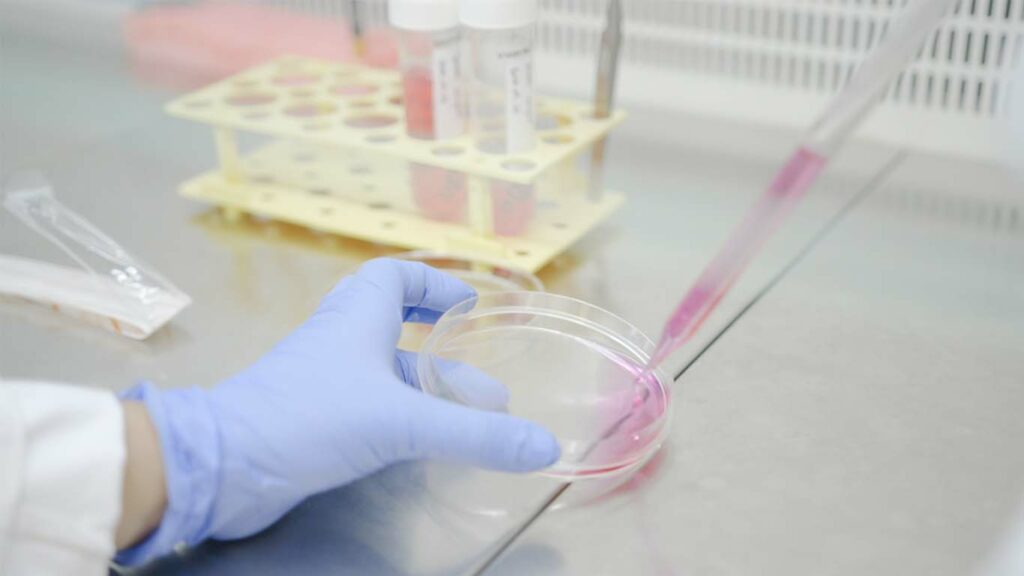Angelman syndrome is a genetic disease that causes developmental delay, speech and balance problems, intellectual disability, and sometimes seizures in affected patients. Researchers identified mutations in the HERC2 gene that caused inherited neurodevelopmental disorder similar to Angelman syndrome. The HERC2 gene codes for an enzyme, a ubiquitin ligase, enriched in the nervous system. In all identified cases of this inherited disorder, complete loss of HERC2 protein, or very low levels, has been observed.
Now, a research group from IDIBELL and the University of Barcelona led by Dr. José Luís Rosa studied the cellular signaling pathways affected in this disorder by the most frequent mutation of HERC2 (c.1781C>T, p.Pro594Leu). A better understanding how pathogenic variants affect these pathways can help define potential new therapies for the disease.
The results published in the journal Cellular and Molecular Life Sciences show that cells from patients with this inherited disorder, or human cells with HERC2 protein deficiency, have an overactivated cellular response to oxidative stress. This is caused by an activation of an atypical signaling pathway in which the RAF, MKK3 and p38 proteins participate. “Our results highlight RAF inhibition as a potential therapeutic target for people with this inherited neurodevelopmental disorder,” says Dr. José Luís Rosa, group leader at IDIBELL and professor at the Faculty of Medicine and Health Sciences at the UB.
The Bellvitge Biomedical Research Institute (IDIBELL) is a biomedical research center created in 2004. It is participated by the Bellvitge University Hospital and the Viladecans Hospital of the Catalan Institute of Health, the Catalan Institute of Oncology, the University of Barcelona and the City Council of L’Hospitalet de Llobregat.
IDIBELL is a member of the Campus of International Excellence of the University of Barcelona HUBc and is part of the CERCA institution of the Generalitat de Catalunya. In 2009 it became one of the first five Spanish research centers accredited as a health research institute by the Carlos III Health Institute. In addition, it is part of the “HR Excellence in Research” program of the European Union and is a member of EATRIS and REGIC. Since 2018, IDIBELL has been an Accredited Center of the AECC Scientific Foundation (FCAECC).

